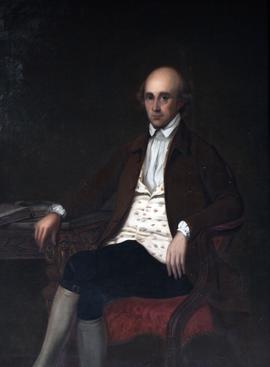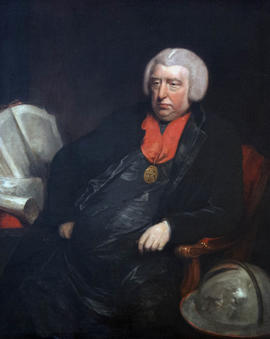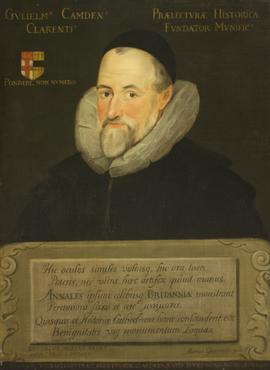Son of Sampson Camden, London, citizen and painter stainer, and his first wife Elizabeth, dau. of Giles Curwen, Poulton Hall, Lancs. ; b. 2 May 1551 ; ed. Christ’s Hospital and St.Paul’s Sch. ; Magdalen Coll.Oxford, servitor 1566 ; migr. to Broadgates Hall and subsequently to Christ Church, Oxford ; BA 6 Mar 1573/4 ; adm. Inner Temple 20 Feb 1571/2, having previously been a member of Lyon’s Inn ; began travelling over England collecting antiquarian and archaeological data ; Under Master, Westminster School 1575-93, obtaining appointment through the influence of Dean Goodman (Camden noted in his Memorabilia, under the year 1575, “Westmonasterium veni”, T.Smith, ed., Camdeni Epistolae, 1691, (Annales section), 85 (see also op.cit., viii) ; Keeper of Chapter Library, Westminster Abbey 15 May 1587 ; Prebendary of Salisbury from 6 Feb 1588/9 (although a layman) ; Head Master, Westminster School Mar 1592/3 – Oct 1597 ; on 13 Jun 1594 was permitted to “take his diet with us, the said Dean and Chapter, sittinge at our table in our said Colledge” ; Clarencieux King of Arms from 23 Oct 1597 ; founded Camden Professorship of History, Oxford Univ., 1622 ; author, Britannia, 1586 (six subsequent editions in his lifetime), Annales, 1615-25, and other works ; his Institutio Graecae Grammaticae Compendiaria, 1595, published for the use of the School, was an epitome of the Graecae Linguae Spicilegium of Edward Grant (qv) ; it became known as the Eton Greek Grammar and passed through more than 100 editions ; see W.H.Herendeen, William Camden, A Life in Context, 2007 ; d. unm. 9 Nov 1623. Buried South Transept, Westminster Abbey. ODNB.



